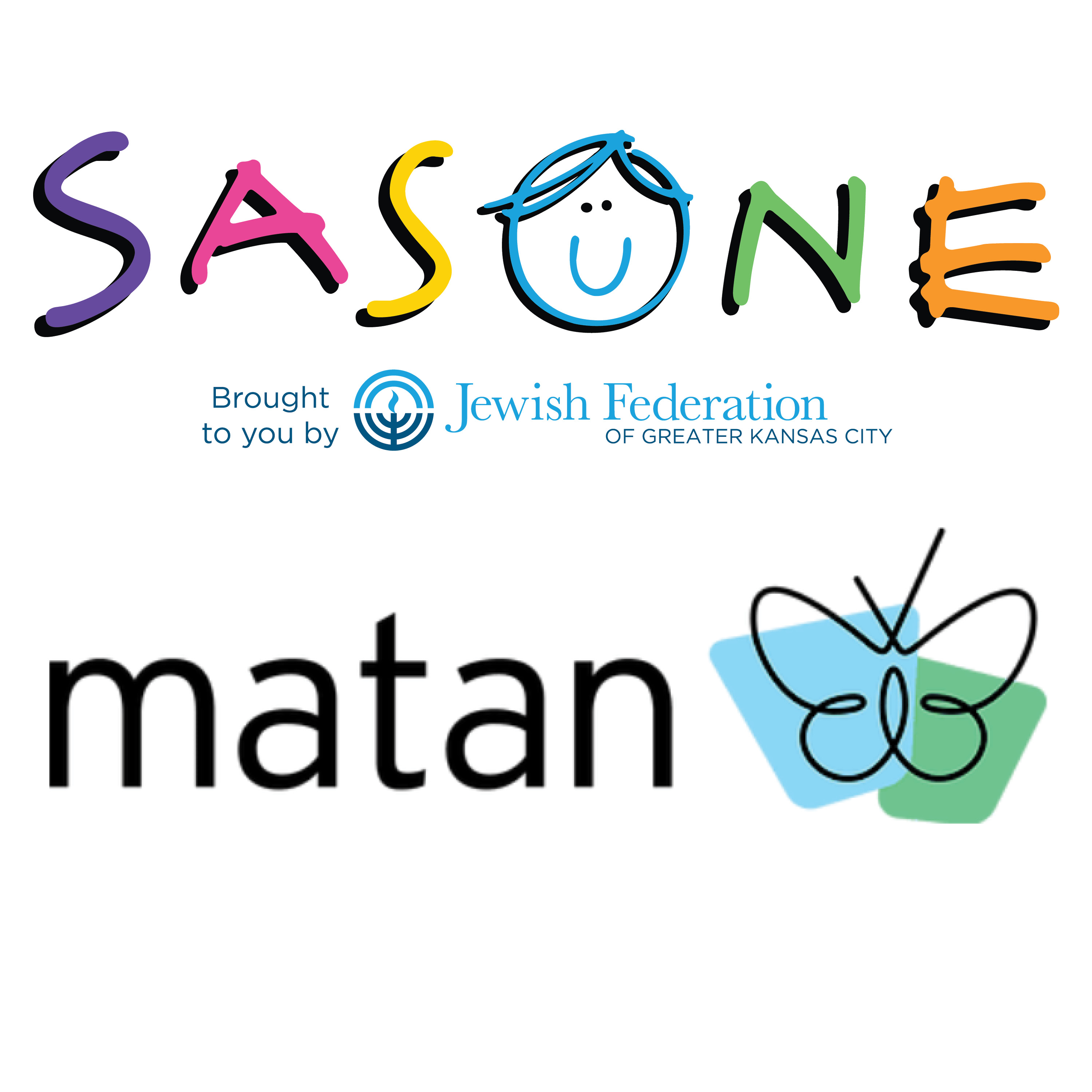Sasone, the Jewish community’s program to support students with diverse needs, recently conducted the first Kansas City Jewish community assessment of disability inclusion needs in conjunction with Matan, a national Jewish disability organization.
The study was supported by the Jewish Community Foundation and Menorah Heritage Foundation.
“Looking at trends and service issues across the community, the goal was to utilize the Matan study in helping establish a new strategic mission and vision not only for Sasone, but for education and inclusion at large,” Sasone Director Lindsey Lipsky said.
Over several weeks from early December of 2023 to January of 2024, Matan staff conducted more than 40 meetings with more than 80 individuals. Participants included congregational schools, early childhood centers, Hyman Brand Hebrew Academy, funders, Jewish community professionals, lay leaders, clergy and other Jewish community service providers.
“We are so lucky to have generous and forward-thinking donors who knew what kind of insight this kind of deep dive could bring,” said Sarah Beren, Sasone Committee chair. “Kansas City’s Jewish community has an opportunity to be so much more than ‘Kansas City nice.’ We can look at how we are being inclusive and ask ourselves if we are doing the most we can for our most vulnerable community members. The Matan Study gave us some specific ways to do just that.”
The report from the assessment, “examines — and makes recommendations for — the inclusion of children with disabilities in Jewish educational experiences through the lens of maximizing the many talents of Kansas City’s professionals and lay leaders in order to strengthen and elevate the caliber of professionalism system-wide,” according to Matan.
Multiple new goals and comprehensive recommendations were proposed in the report for the fields of communal structure and personnel; professional development; education change and cultural shift; interagency collaboration and communication; and planning and allocations.
The urgency for better disability inclusion programming was spurred by the 2021 Greater Kansas City Jewish community study, which said roughly one in four households include somebody who is limited in their activities by some sort of health issue, special need or disability.
“We know the number of families in our community who haven’t been able to access Jewish life (to the extent that they desire) is probably higher,” Lipsky said. “We will never know the full number, but obviously that disconnect has lasting implications for all of us.”
According to most recent Sasone surveys, 14.5% of students enrolled in formal Jewish education programs have some type of disability that may require accommodations. This is in line with national trends which say that one in five students have some type of diverse need.
“Inclusion is so important, not just because it is a Jewish value but because each of us, as human beings, need to feel a sense of belonging,” Lipsky said. “Largely, our educational spaces are on the forefront of disability support, but in other walks of Jewish communal living, including within our congregations and informal learning environments, we may not be as set up for success.”
Jewish Federation staff are considering the recommendations from the study and prioritizing changes that can be made within the next 12-18 months. These include increasing the effectiveness of funding for schools, enhancing professional development and helping our institutions become more welcoming and inclusive.
“Our community is better because we have Sasone,” said Andi Milens, Federation’s chief strategy officer. “For 30 years, we have been able to ensure that all the children of our community can access Jewish education. Now, we can examine what more is needed and identify strategies to make sure everyone knows that they belong in our community.”



